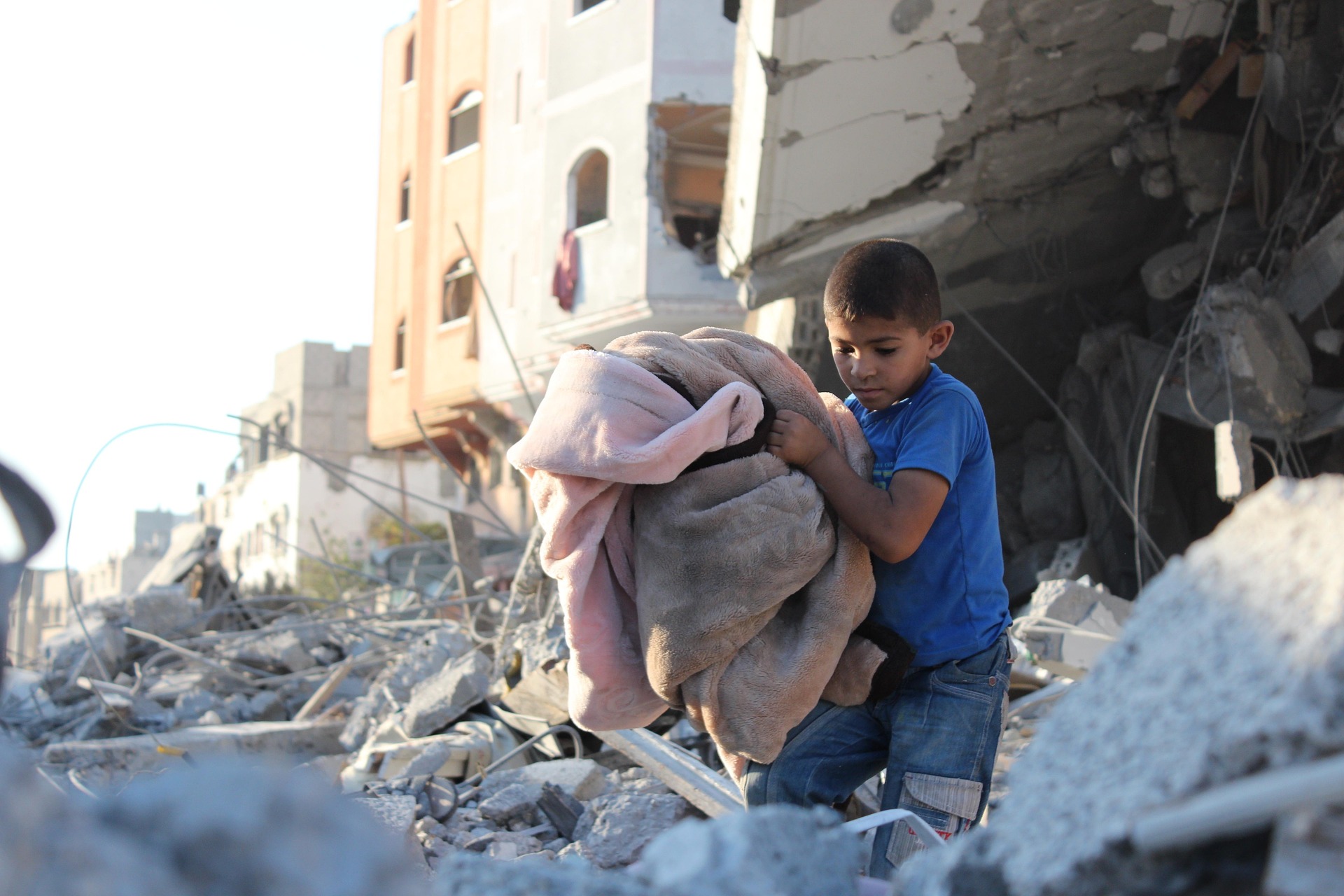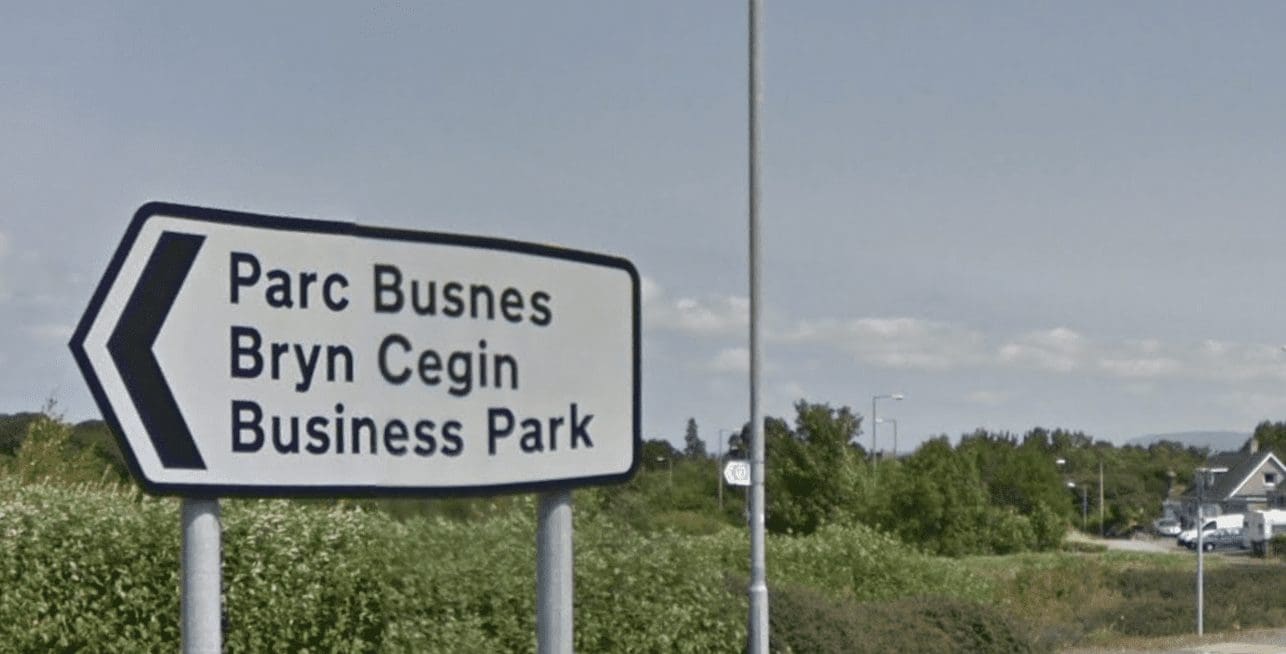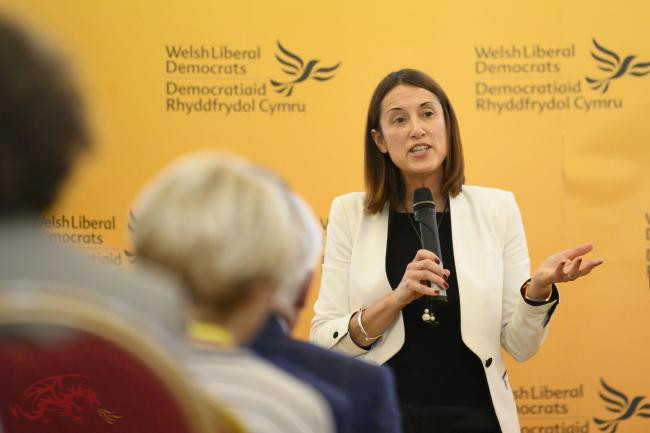The deal, negotiated in Sharm El-Sheikh with mediators from the United States, Egypt, and Qatar, and supported by other regional actors was announced on Wednesday and confirmed by multiple parties involved in the talks.
What the “first phase” covers
Officials involved in the negotiations say the first phase includes:
-
A ceasefire to take immediate effect and an Israeli partial troop withdrawal to an agreed line.
-
The staged release of hostages held in Gaza, with initial releases expected within the first 72 hours.
-
A large-scale exchange of prisoners, with thousands of Palestinian detainees anticipated to be freed.
-
Immediate measures to allow far greater humanitarian aid into Gaza, where shortages, famine risk, and disease have reached catastrophic levels.
How the agreement was brokered
Negotiations took place in the Egyptian Red Sea resort of Sharm El-Sheikh and involved direct and indirect talks between Israeli and Palestinian delegations, with heavy engagement from the U.S., Qatar, and Egypt as mediators. Diplomatic pressure from regional players and sustained international outrage over the humanitarian catastrophe helped push both sides toward compromise.
The agreement is structured as a phased plan: a first stage to stop the immediate bloodshed, followed by further political and security discussions intended to lay the groundwork for a longer-term settlement.
International reaction: cautious welcome, urgent caveats
World leaders and international organisations greeted the news with relief but urged swift, concrete implementation.
UN Secretary-General António Guterres welcomed the announcement and called for full compliance with the terms of the deal. UN agencies emphasised the need to scale up humanitarian relief and protect civilians.
Several European leaders and the UK government also welcomed the agreement, stressing that this must be the start, not the end of a political process toward lasting peace. Human-rights groups and many Palestinian representatives warned that core issues such as disarmament, Gaza’s governance, reconstruction, and accountability for civilian deaths remain unresolved.
Fragile hope and serious hurdles
Analysts warn that the deal faces major obstacles: internal political opposition inside Israel’s coalition; Hamas’s demand for durable guarantees that the ceasefire will hold; the logistics of prisoner exchanges and hostage accounting; and the enormous challenge of delivering aid across destroyed infrastructure.
Even if the first phase holds, long-term questions remain about Gaza’s future governance, security arrangements, and regional reconciliation, issues that will require sustained international engagement beyond a single agreement.
Response from Plaid Cymru
Plaid Cymru leader Rhun ap Iorwerth MS responded to the announcement, welcoming the pause in fighting but highlighting the humanitarian imperative and the need for a broader political settlement:
“This is a hugely significant moment that will bring overwhelming relief to the families of the Israeli hostages and the civilians of Gaza who have suffered unimaginable horror over the last two years.
Efforts on the ground must focus on allowing as much humanitarian aid as possible into Gaza whilst thousands still face famine and disease.
A ceasefire must be only the first step towards a just and lasting peace for everyone in the region through a two-state solution. This means a cohesive international effort to ensure the Palestinian people can begin to rebuild their lives and communities, and to bring those responsible for the terrible genocide, which has claimed tens of thousands of lives, to justice.”
pic by Hosny Salah, Photographer and Videographer in Gaza, Palestine
Discover more from Carmarthenshire News Online
Subscribe to get the latest posts sent to your email.




